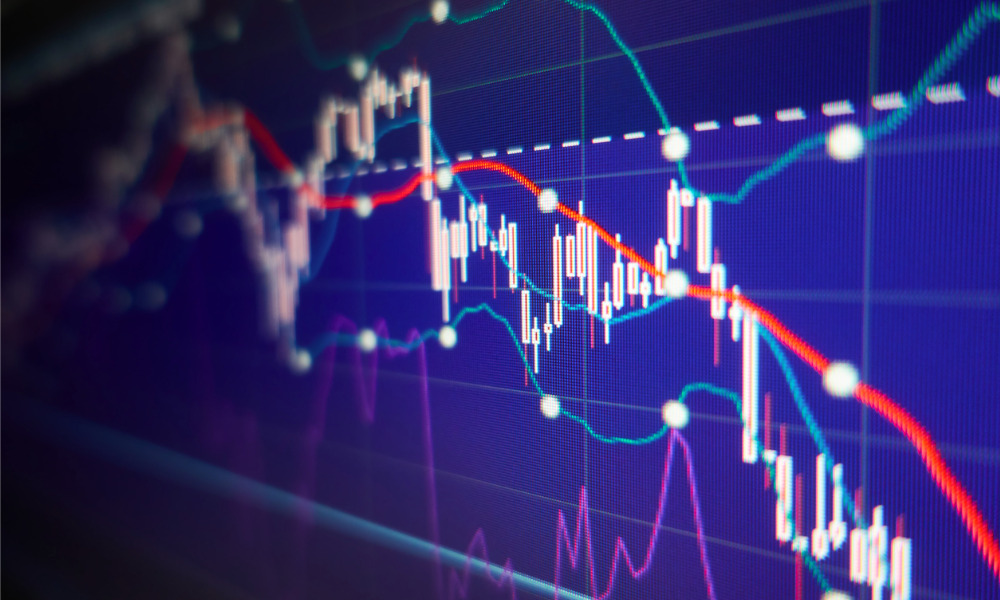Slow path to economic recovery will depend on several factors, according to new report

After taking a staggering blow from the coronavirus, economies around the world are taking the first steps on their journey to recovery. But it’s set to be a slow and delicate process as the reopening of businesses around the world gives way to fresh risks.
“How quickly and fully the global economy recovers on the other side of the business reopenings is extraordinarily uncertain,” wrote Mark Zandi, chief economist at Moody’s, in a new report.
In the consulting firm’s baseline scenario, the growth bounce this summer will be followed by a largely sideways economic trajectory that will only end with either a vaccine or a highly effective treatment, which is assumed to be ready by this time next year. In the meantime, global real GDP is expected to fall 4.5%.
Zandi sees prospects of sustained growth on the other side of the pandemic being fueled by forces such as unleashed pent-up demand as well as efforts to rebuild global supply chains. But that positive scenario will take a while to play out, as Zandi estimates that a return to pre-crisis employment will take until mid-decade.
“Even then, the global economy will have been diminished by the virus,” he said.
The world may be diverted onto one of several alternative scenarios, he added, based on “a range of hard-to-handicap forces.” The future epidemiology of the virus, he said, will be a deciding factor, particularly as rapid reopenings and apparent breakdowns in social distancing increase the chances of a second pandemic wave.
“The near-term recovery also depends on how quickly and strongly demand comes back to life,” he added. With job markets weakened, global wealth diminished, and populations across the planet aging, consumers’ propensity to spend and businesses’ willingness to invest will certainly be affected, Zandi said. Demand will continue to be propped up and stimulated considerably by central banks and governments, he added.
Over the longer term, he said prospects will also depend on the degree of structural damage suffered by the economy, which will be borne out, possibly over years, by the severity of forthcoming business failures and other credit problems.
He also pointed to the possible impact of COVID-19 on globalization, including areas such as trade, immigration, and foreign investment that had already been challenged since the financial crisis. Current efforts of sovereigns to fight the virus and stimulate economies are also expected to die down as the need to rein in debt loads sets in.
“Considerable fundamental changes to the way we live are also likely to shape the long-run recovery,” Zandi said.



